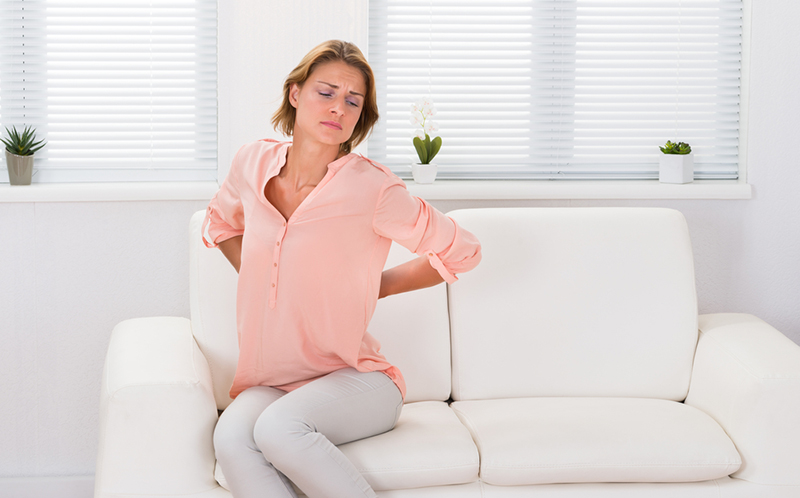written by the home doctor team
Do you wake up with sore joints? What about pain in your lower back? Or do you hear clicking coming from your ankles and knees? There are a series of events that happens inside our joints overnight that cause stiffness and not all of them can be shrugged off as ageing.
Age alone is not responsible for the discomfort in our joints we feel after a long night’s sleep.
Doctor William Kormos from Harvard Medical School’s Men’s Health Watch says “it is usually an indication of worn joints, muscle tightness, or inflammation from arthritis”.
No matter your age, if you have weak muscles and stiff tendons, they’re likely to tighten as you sleep. And yes, you’ll feel it in the morning.
Osteoarthritis is often referred to as the “wear and tear” version of the condition and can trigger morning stiffness. Rheumatoid arthritis can as well but it will take longer to subside.
“As your joints get older, the spongy cushion of cartilage begins to dry out and stiffen. The joint lining also produces less synovial fluid, which lubricates the joint.”
“Joints damaged by osteoarthritis may be stiff in the morning, but they usually feel better in about 20 minutes,” according to the Mayo Clinic.
“Joints affected by rheumatoid arthritis, on the other hand, often hurt for more than 45 minutes after you get out of bed.”
Unfortunately no matter how much beauty sleep you get, you can’t undo the effects of ageing on joints. However, Dr Kormos says you can reduce the severity and frequency of sore joints in the morning “by being more active and engaging in exercise to increase muscle strength and flexibility”.
“Maintaining a healthy weight also can help.
“Finally, don’t be swayed by joint health supplements, such as glucosamine or chondroitin. These do not appear to help manage symptoms in the long term.”
House Call Doctor has some advice for bone health.
Sleep patterns could hold the key to treating arthritis
According to Science Daily researchers in the UK discovered a protein created by the body’s “biological clock” that actively represses inflammatory pathways within the affected limbs during the night.
The group from a study centre at the University of Manchester took a look at cells from healthy joint tissue.
Science Daily reported: “Each of these cells keeps a 24-hour rhythm. When this rhythm was disrupted by knocking out the cryptochrome gene there was an increased inflammatory response.”
“This suggests that the cryptochrome gene product – the protein – has significant anti-inflammatory effects.”
The discovery might help develop the treatment of inflammatory conditions such as arthritis. By understanding how our body’s own clock plays a role in the its natural response to inflammation, treatments could take advantage of that process to become more effective.





